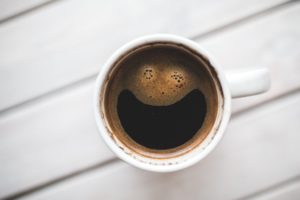Substance Abuse Overview
High rates of treatment resistant depression or pain occur in those people who misuse intoxicating substances. Treatment-resistance (TR) causes self-medicating misuse, but the increased incidence of TR can in turn be caused by misuse – it can be very difficult to discern “chicken from egg” in these situations.
Connection of Substance Abuse With Suicide Risk
Substance misuse is associated with a number of mental health disorders. A study of people hospitalized for suicide attempts found that alcoholics were 75 times more likely to go on to commit suicide than non-alcoholic suicide attempters. About 15 percent of alcoholics commit suicide. Abuse of other drugs is also associated with an increased risk of suicide. About 33 percent of suicides in the “millennial generation” are related to alcohol or other substance misuse.
Substance Abuse With Other Mental Health Conditions
Interpersonal skills are significantly impaired in people who misuse intoxicants due to the neurotoxic effects on the brain, especially the “higher-order areas” such as the prefrontal (anterior) cortex of the brain.
Approximately half of all patients attending mental health services for conditions including anxiety will have co-morbid misuse of intoxicants. Moderate drinking can cause rebound syndromes in patients previously treated for various neuropsychiatric disorders (for example, suddenly increased depression or anxiety) and can also cause sleep disorders.
Moreover, the misuse of intoxicants will interfere with the treatment of those clinical symptoms associated with the complex co-existing conditions frequently found in these patients. In our clinic, we believe that addressing the misuse of intoxicants is critical to the successful treatment of treatment resistant neurologic or neuropsychiatric illness.









